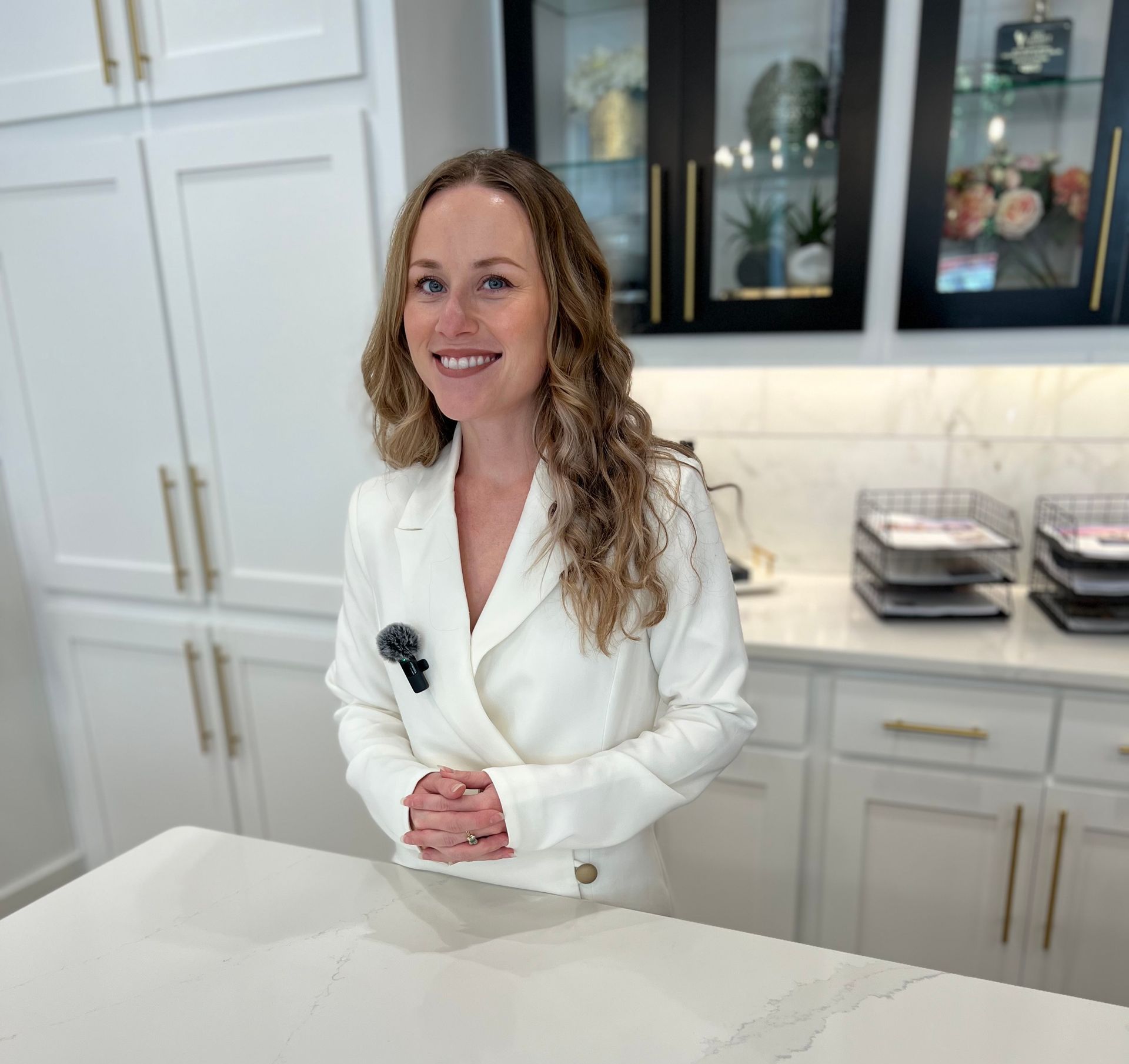Story of Hope: Sylvia
October Advocate Impact Story
Written By: Sylvia Reyna, Ph.D., CASA Advocate
"A hundred years from now, it will not matter what my bank account was or the kind of car I drove, but the world may be different because I was important in the life of a child."
As an educator, I always knew that my heart rested in providing a quality education for children to change their life's circumstances. After retirement, I longed to engage in activities to help children. Volunteering as a CASA advocate provides the perfect union of my experiences and desire to serve those children most in need.
In June 2019, immediately after completing my training, my supervisor quickly introduced me to three potential case files. She asked me to review them and choose the one I thought I could support. It took only a minute to decide that the case involving six children—three girls and three boys, ranging in ages from 9 to 15, needed me as their advocate. Admittingly, the case file was challenging to read—the outcry of sexual abuse by the youngest daughter against her mother's paramour disrupted six children's family life. As a result, separate foster care group facilities now served as home for all six children. My review of the girls' forensic interviews revealed details that solidified my resolve to advocate for the children.
"From the onset, I expected the restrained interactions and knew that our journey would be difficult. However, I also knew that the six children would occupy a special place in my heart for a lifetime."
The first visits with both the boys and girls were pleasant, but they guarded their interactions with me. Even the most general topics of conversation were labored. From the onset, I expected the restrained interactions and knew that our journey would be difficult. However, I also knew that the six children would occupy a special place in my heart for a lifetime.
In late July 2019, their grandmother became the caregiver for all six children. Beginning then through March 2020, just before the COVID-19 community shut-down, I came to know and appreciate each child's unique gifts. I made it a routine to communicate with the children weekly. Whether it was during the numerous visits at their grandmother's home, at school, or taking them on outings, each child revealed their unique personalities, talents, and needs. Their grandmother was committed to ensuring the children's success and worked closely with me to accomplish many of the milestones and expectations we set for the children.
"As their educational surrogate, I advocated for additional educational services, including tutoring, attendance at Saturday school, and supplemental instructional materials. I also attended parent-teacher conferences, ARD meetings, and planning sessions. I also advocated for the boys' student rights regarding disciplinary infractions."
In November 2019, during a scheduled hearing, the judge designated me as the children's educational surrogate. Upon that designation, I was able to delve more deeply into the educational needs of the children. Of the six children, three require special education services, one is dyslexic, and an additional child will soon undergo a special education evaluation. All but one of the children repeated a grade level at some point in their educational career, and all have significant difficulty reading. As their educational surrogate, I advocated for additional educational services, including tutoring, attendance at Saturday school, and supplemental instructional materials. I also attended parent-teacher conferences, ARD meetings, and planning sessions. I also advocated for the boys' student rights regarding disciplinary infractions.
In mid-March 2020, the boys transitioned to live full-time with their mother, while the girls remained under their grandmother's care. During a subsequent hearing in May 2020, the judge accepted my recommendation to extend the girls' placement with their grandmother through the summer, to allow their mother time to become more financially stable and make accommodations in her home for all the children. It also allowed the children to attend additional therapy sessions and time for us to seek supplemental educational and recreational services for the children if permitted under the COVID-19 restrictions. Though the pandemic limited our in-person visits, it has not dampened our interactions. We can regularly speak by telephone, text, or FaceTime. By August 2020, the girls transitioned to their mother's care, and everyone is thriving as a complete family.
After more than 15 months of service, I have seen a transformation in the children's well-being. They can engage in conversations, express their feelings, discuss their aspirations, and demonstrate their self-worth. While the children found their voice from their experiences, I found joy in knowing that we made a difference in each other's lives.









